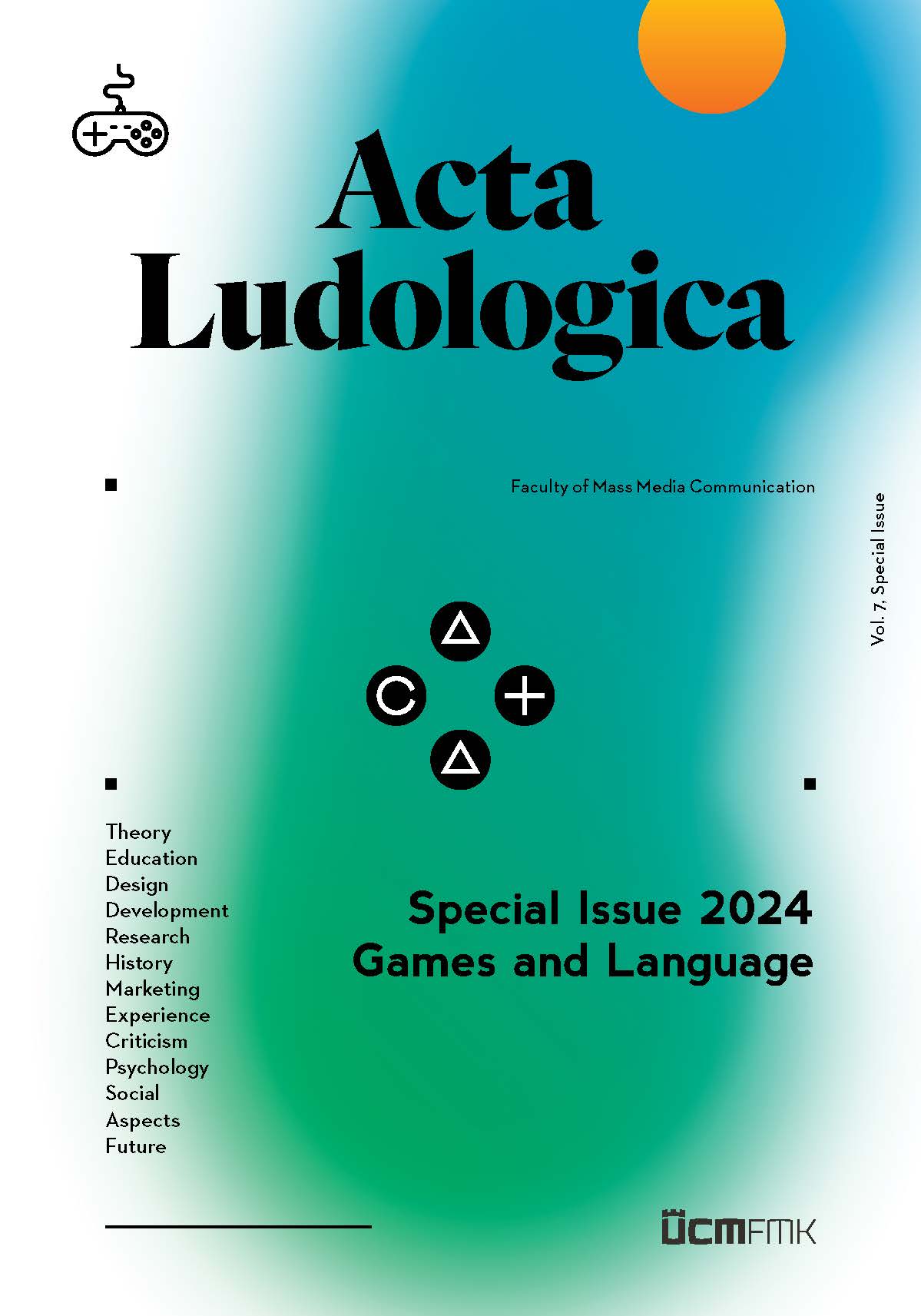ABSTRACT: From photoblogs to mobile phone cameras, digital technology is rapidly and fundamentally changing the cultural practice of photographic representation. Across games and gaming communities, the aesthetics of screenshots and the aesthetics of photographs are increasingly intertwined. The latest photographic modes in digital games mimic real photographs by incorporating controls that are found in physical cameras and allow for great creativity, yet yield some limits and potential issues. The aim of this explorative study is to describe the creative potential of the specific functionality of photo modes in digital games, the intent and development of the tool, promotional uses, and the limits of the emerging art form of virtual photography.
KEY WORDS: digital game, photographic mode, remediation, screenshot, virtual photography.
View full article
